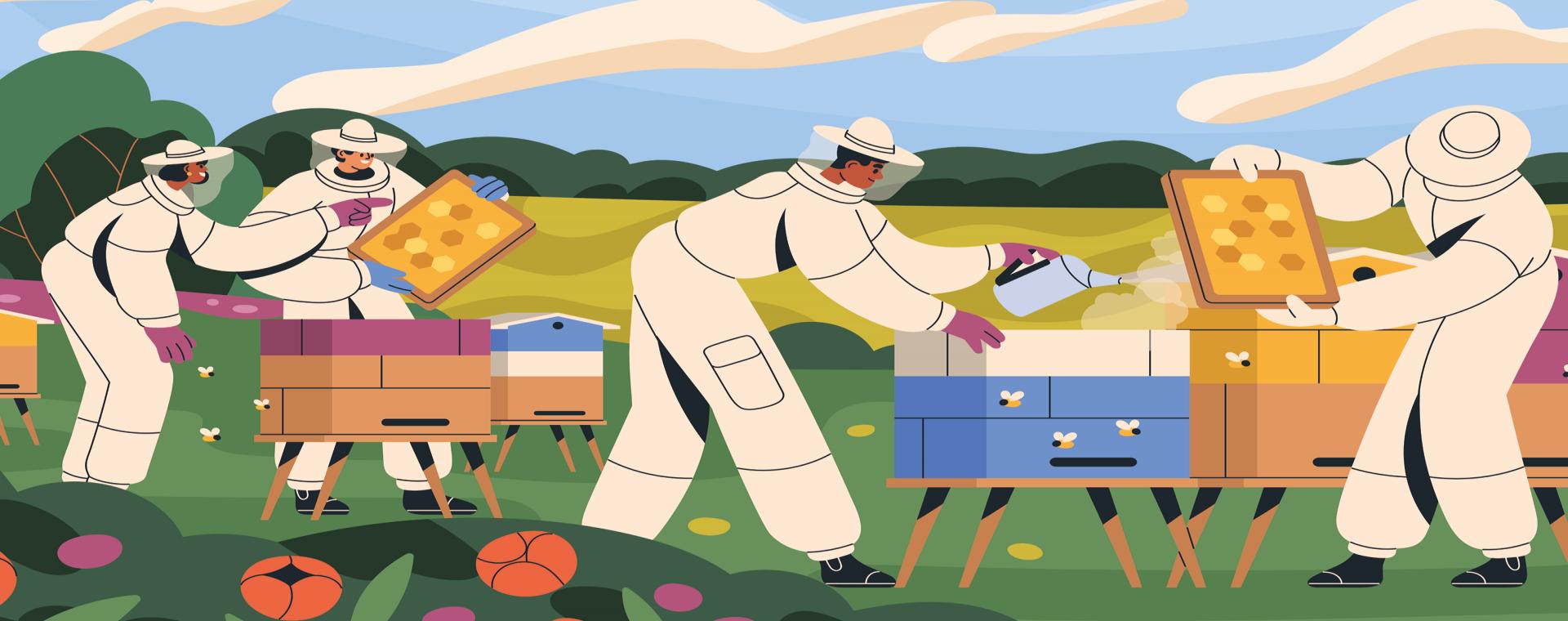As humans have industrialised farming to feed a growing global population, pollinators – animals vital for plant reproduction – have seen their food supply decline. In the UK, intensive agriculture has eroded biological diversity in large portions of the countryside, with vast swathes of cereal crops and ryegrass pastures now replacing flower-rich habitats.
For pollinators such as bees, hoverflies and butterflies, a loss of flowers means a loss of the nectar and pollen that makes up their food. A reduction in the diversity and quantity of this food is an important factor in the widespread decline of their population numbers.
However, pollinators may have an unlikely saviour: cities.
Scientists have revealed in a new study that small urban gardens are a key reliable food source for bees, butterflies, and other pollinators throughout the year. A study conducted at the University of Bristol found that gardens in cities were able to provide a continuous supply of nectar for pollinators from March to October. When comparing the nectar produced by different gardens the scientists discovered that some of the smallest gardens actually produced the most nectar.
In this webinar Nick will discuss how we can each do something to improve the fate of the bees and other insects that are such important components of a healthy functioning ecosystem.
As always, there will be time for a Q&A at the end of the session.
Our Ex(change)rs Programme is a hybrid programme of FREE events, talks, seminars and sessions exclusive to Ethical Property tenants, staff and shareholders. If you’d like to sign-up for the upcoming event, or find out more about the Programme, please click here.
